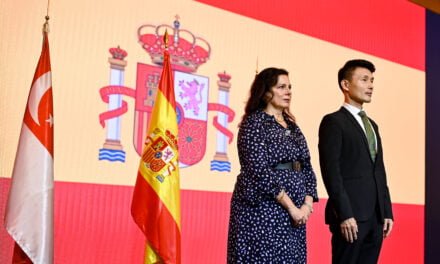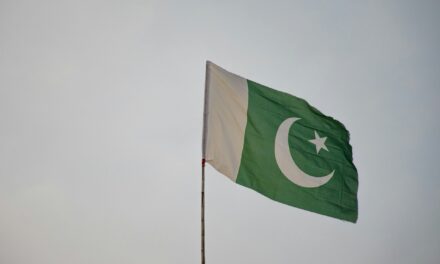With Singapore independence being celebrated across the city-state, we at Diplomatic Network (Asia) thought it a poignant time to reflect on its journey to becoming a sovereign nation.
During the colonial era, Singapore was founded as a British trading post in the early 19th century. The port was of utmost importance due to its strategic location and subsequent thriving trade, being at the crossroads of Southeast Asia.
In 1963, Singapore joined the Federation of Malaysia, which saw the merging of North Borneo, Sarawak, and Singapore. The merger was intended to bring together the ethnically diverse regions for economic and political stability.
However, after tensions rising due to differences in policies and ideologies, on August 9, 1965, both the governments of Malaysia and Singapore signed the Independence of Singapore Agreement.
Singapore thus became a sovereign country and a member of the Commonwealth of Nations.
Advocate Lee Kuan Yew was unanimously elected as the city-state’s first prime minister.
The authorities and the people of the new nation took upon many challenges. It lacked natural resources and had a small land area and population.
One of the major problems that Singapore faced was violence related to race and culture, given that the nascent state was a melting pot of cultures, religions and ethnicities.
But none of these challenges undermined the capacity and determination of Singaporeans to rise as the peaceful economic world power it has become.
Now, multiculturism is widely accepted and has become part of Singapore’s national identity. Accountability and transparency have also become the norm.
Perceived by many outsiders as a strict society, this strictness has become one of the secrets to its longstanding success.
Another important element of the Singaporean economic and socio-political model is meritocracy.
Since day one, its leaders have made sure that those who joined their civil service are academically and morally qualified to hold their posts. Apart from a few scattered exceptions, Singapore has ranked as one of the least corrupt societies in the world.
Despite its criticisms, Singapore offers a shining example of what can be done when a country’s human capital is leveraged by visionary leadership under a strong sense of social responsibility.
This is what there is to celebrate fifty-eight years on from the country’s naissance.
Singapore is not a perfect utopian society, but, against many odds, it has proved worthy of its place among global powers.
It is not easy to be at the top, and even harder to remain there. Here lies one of Singapore’s main challenges for the moment.
We, at DNA, bet it will win.






